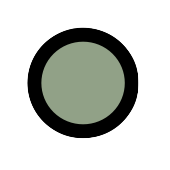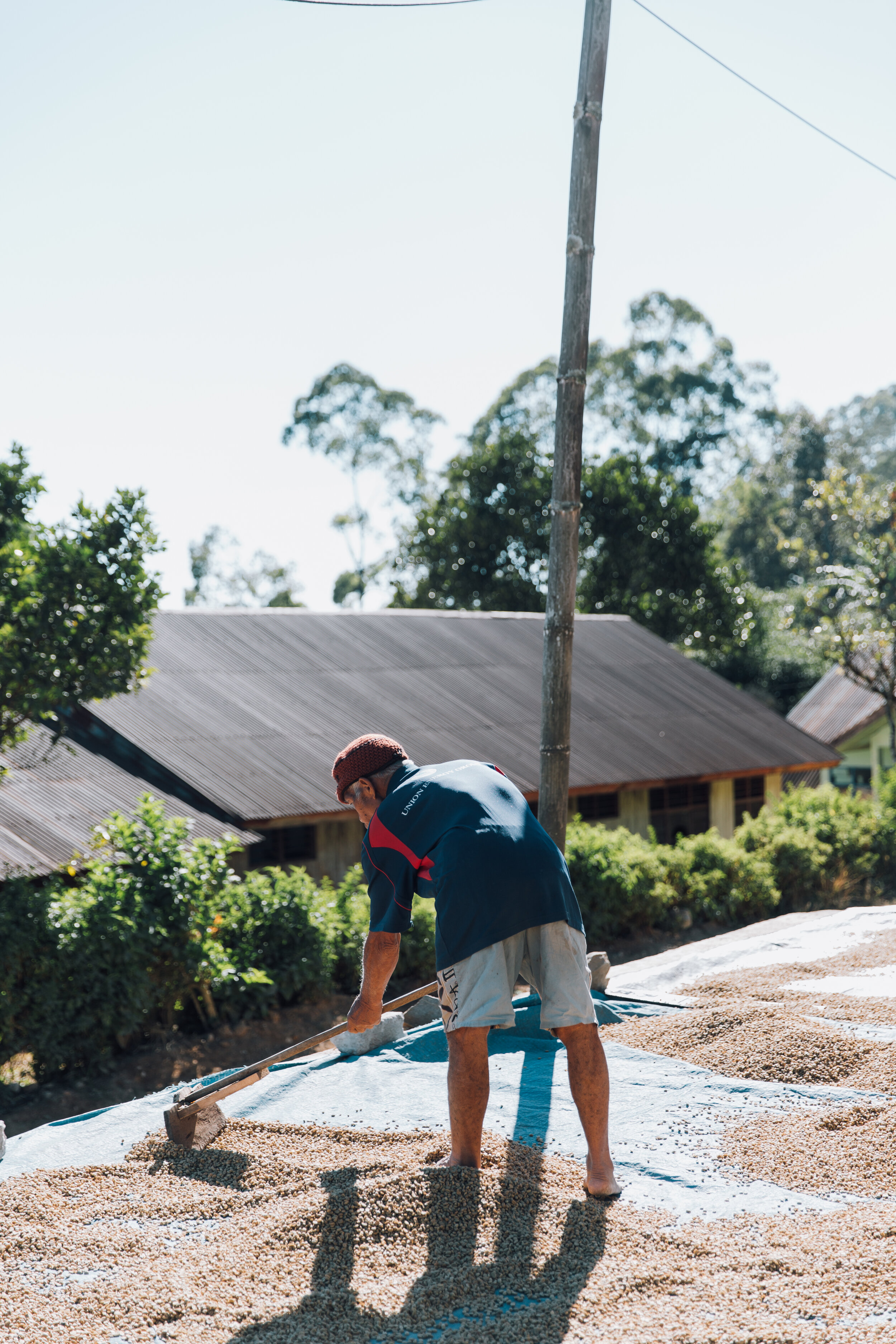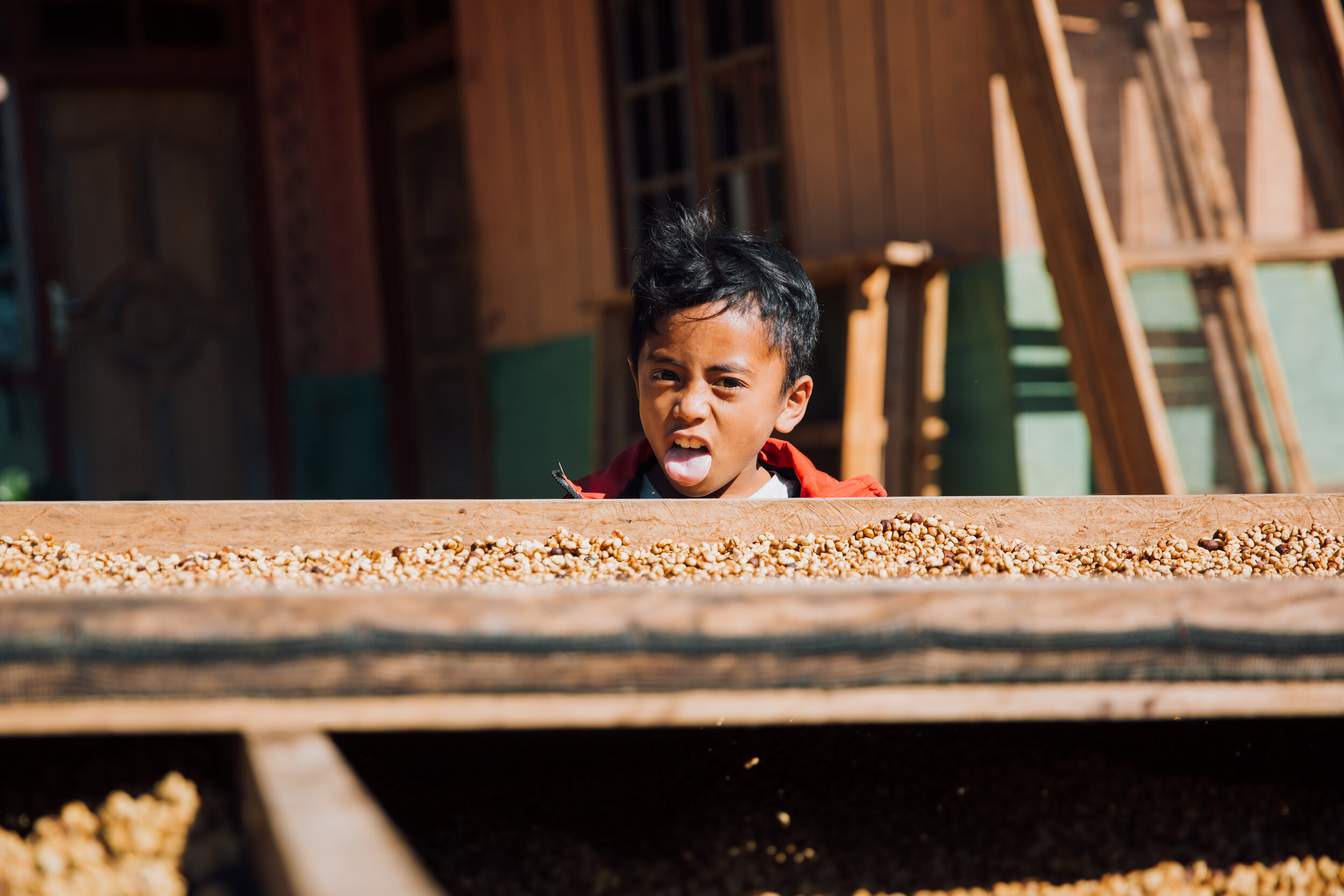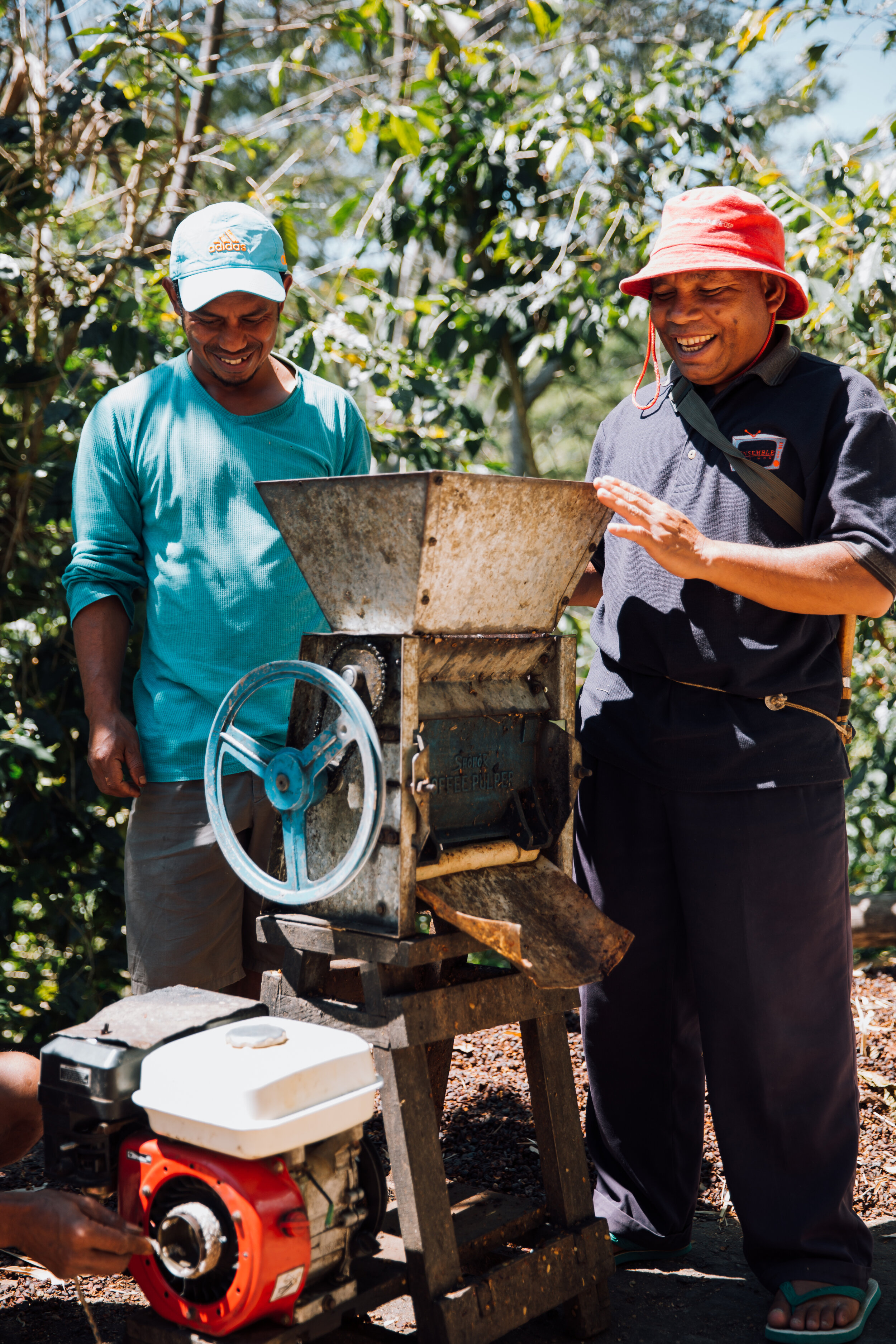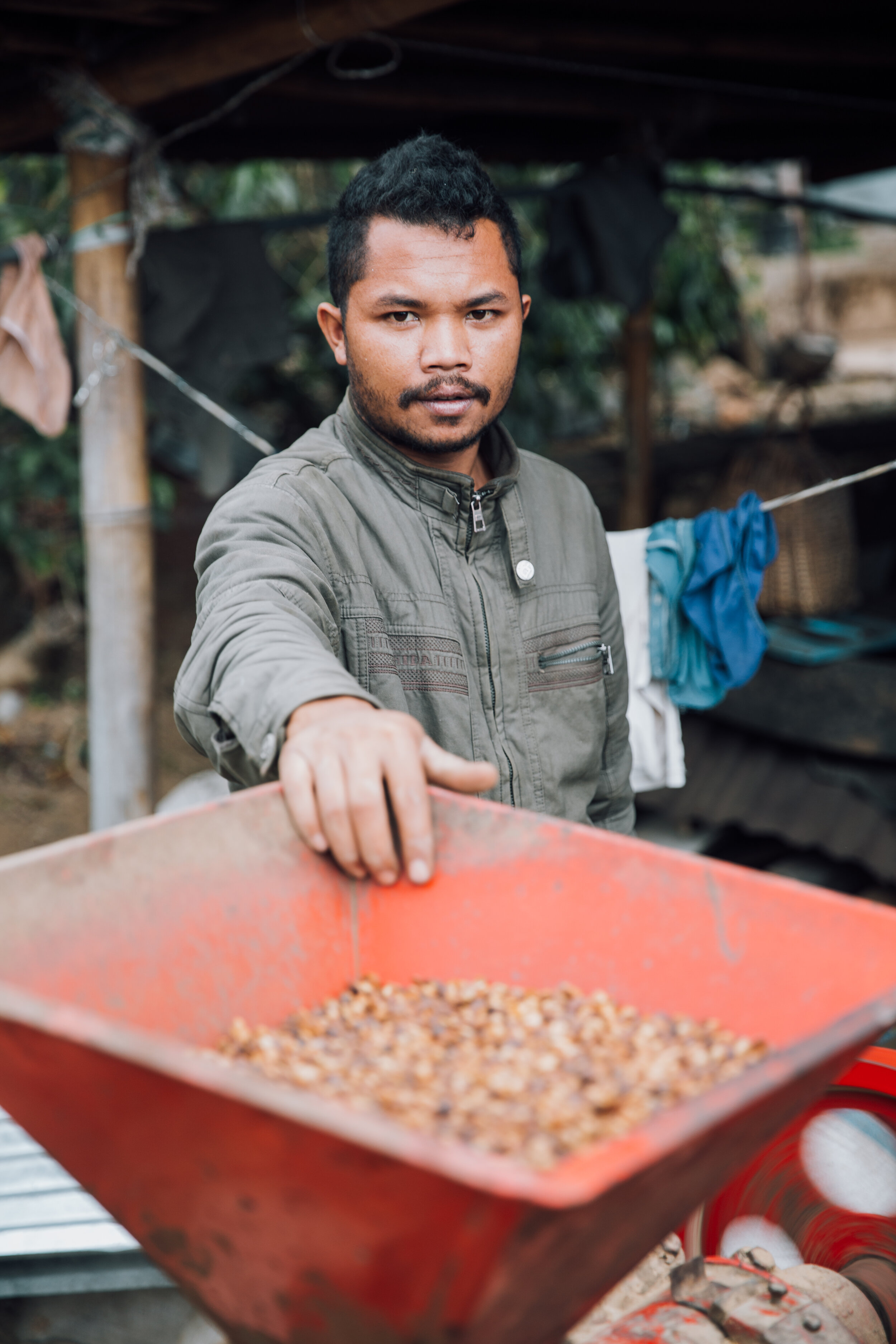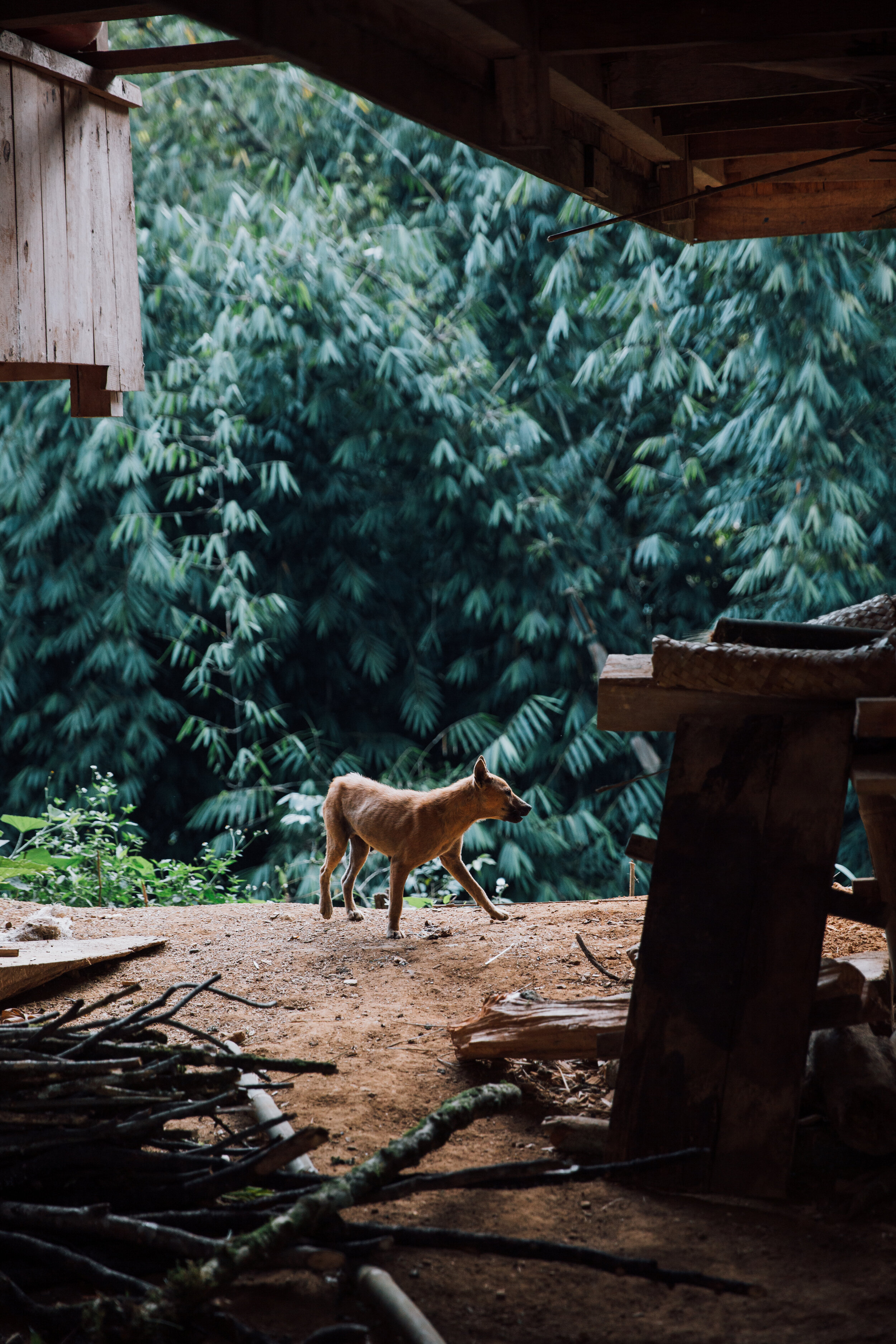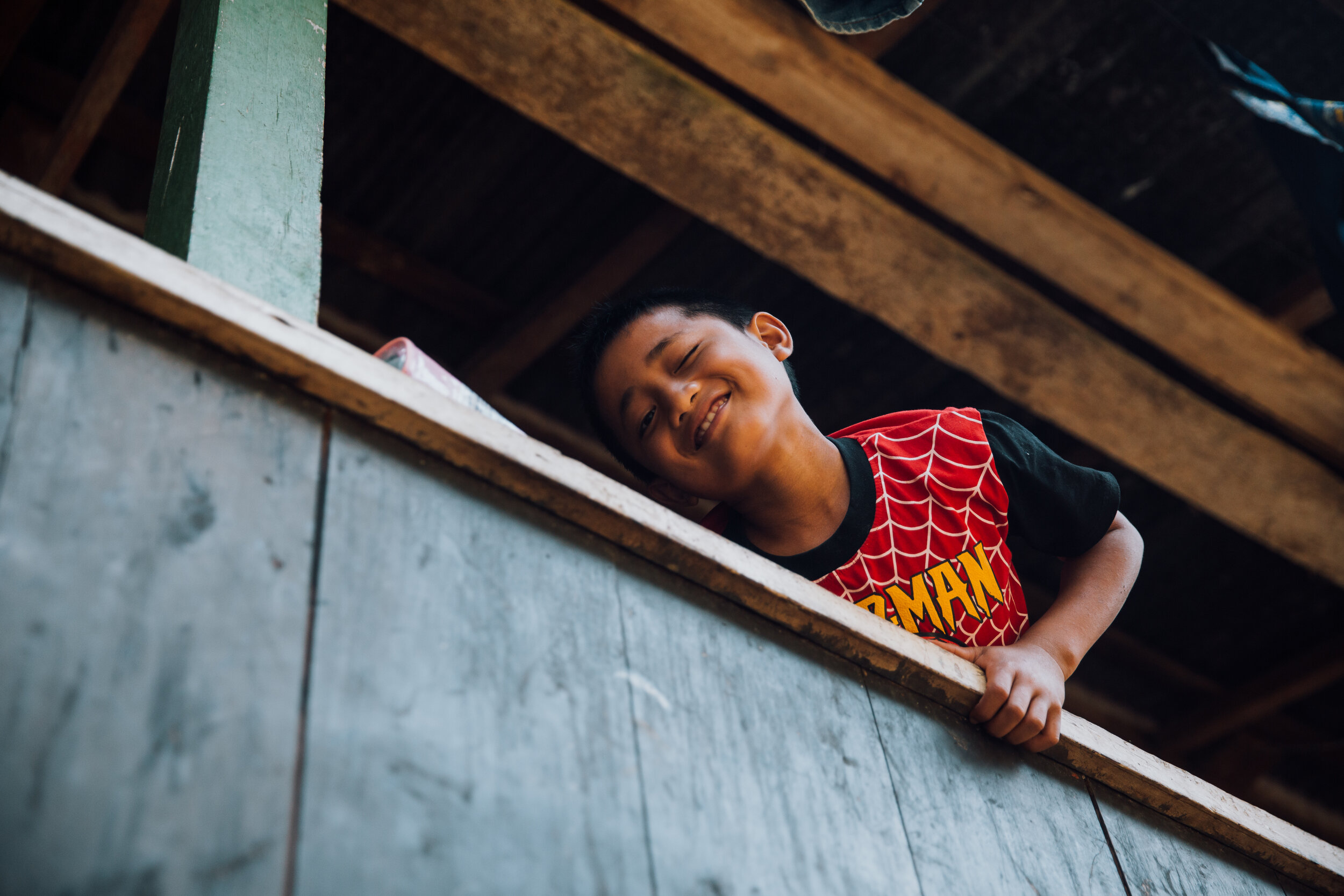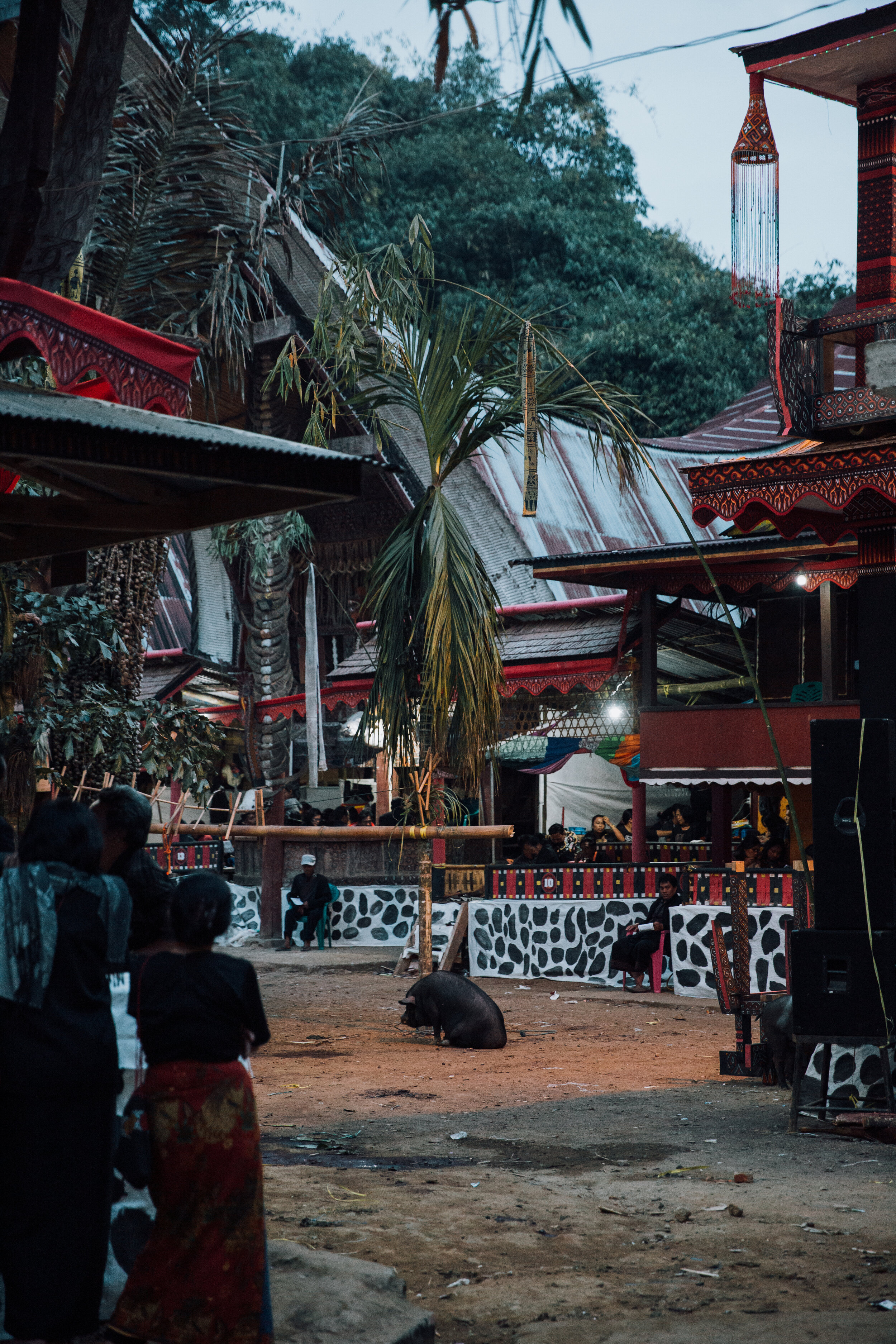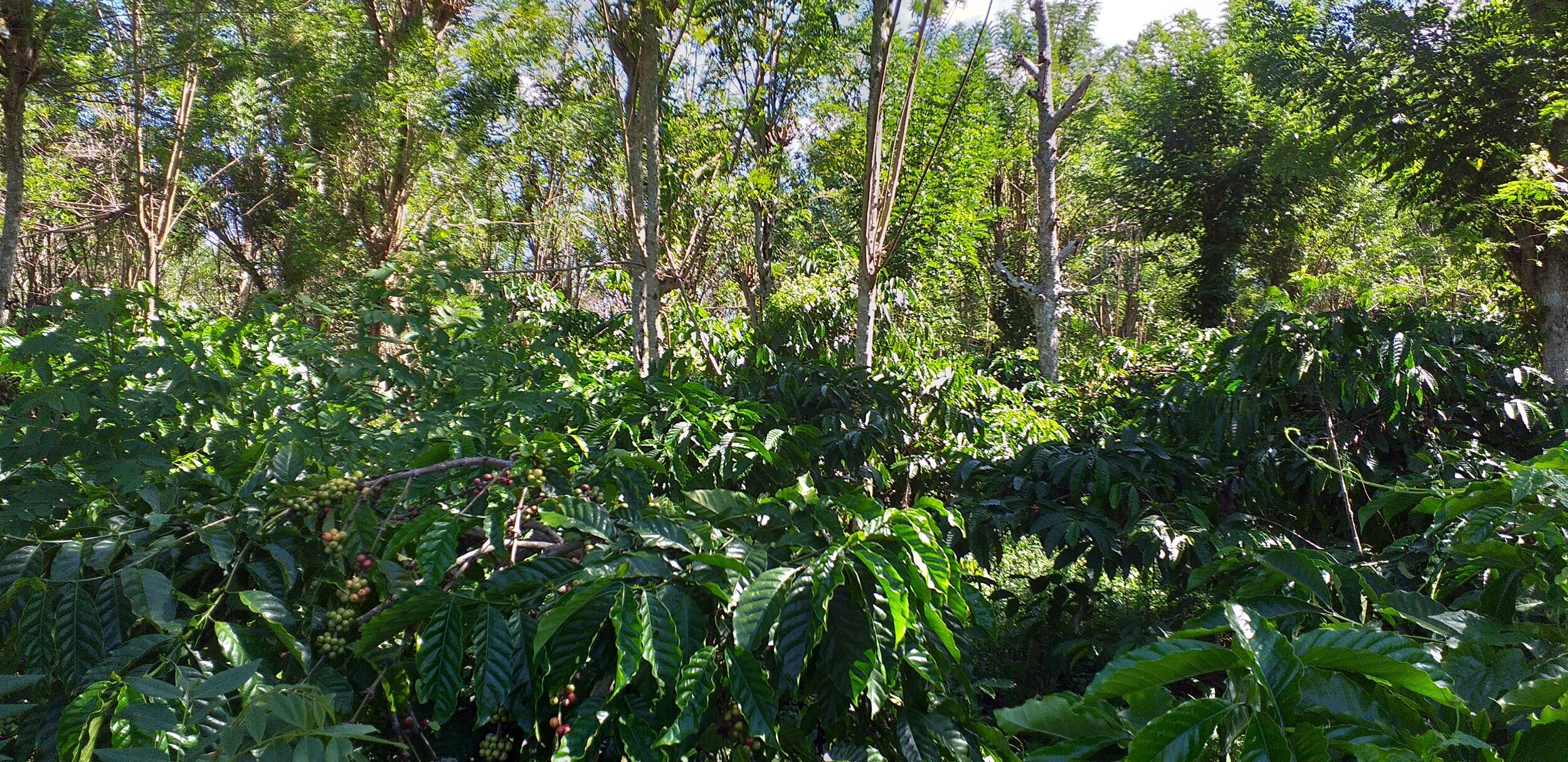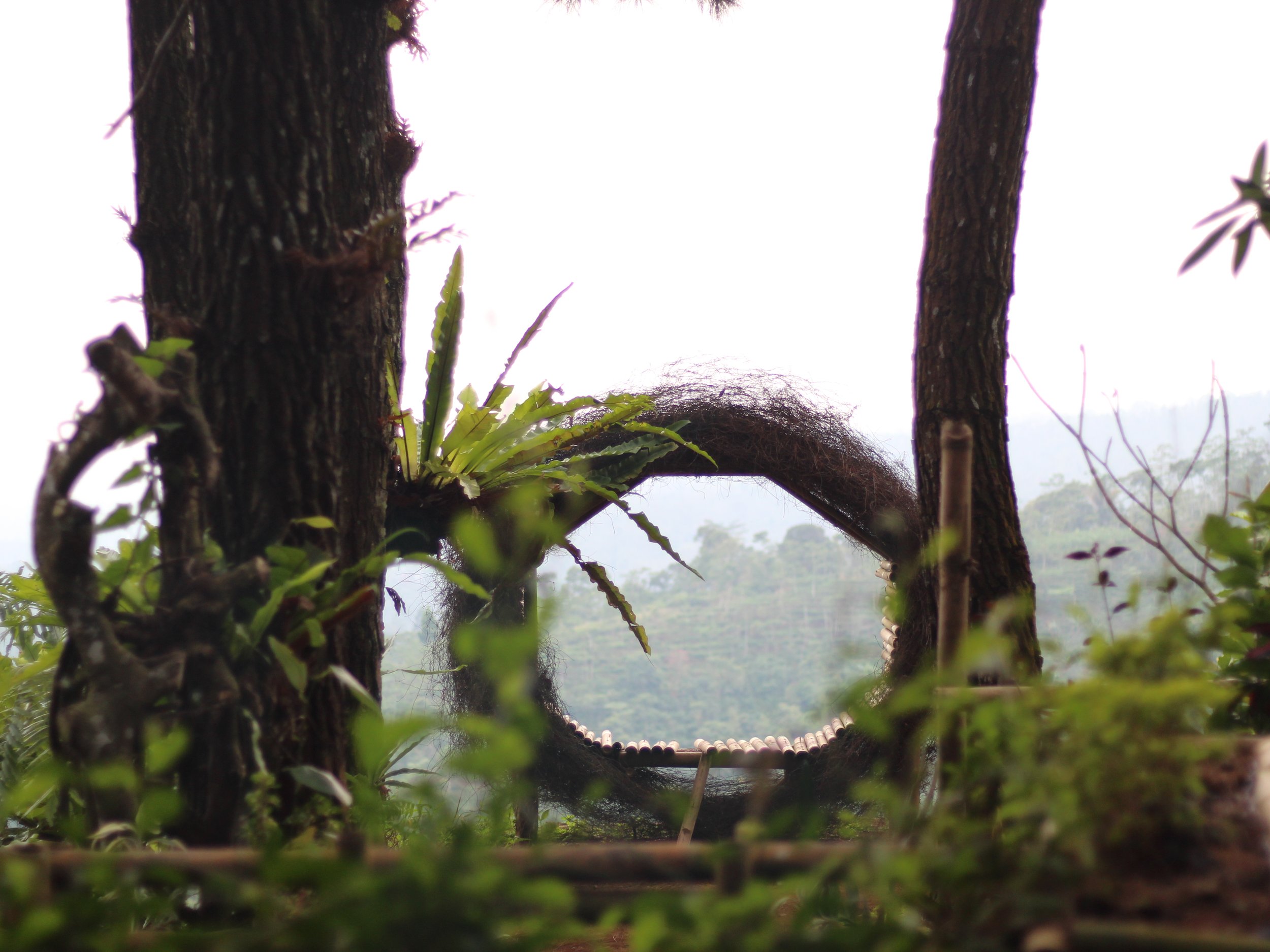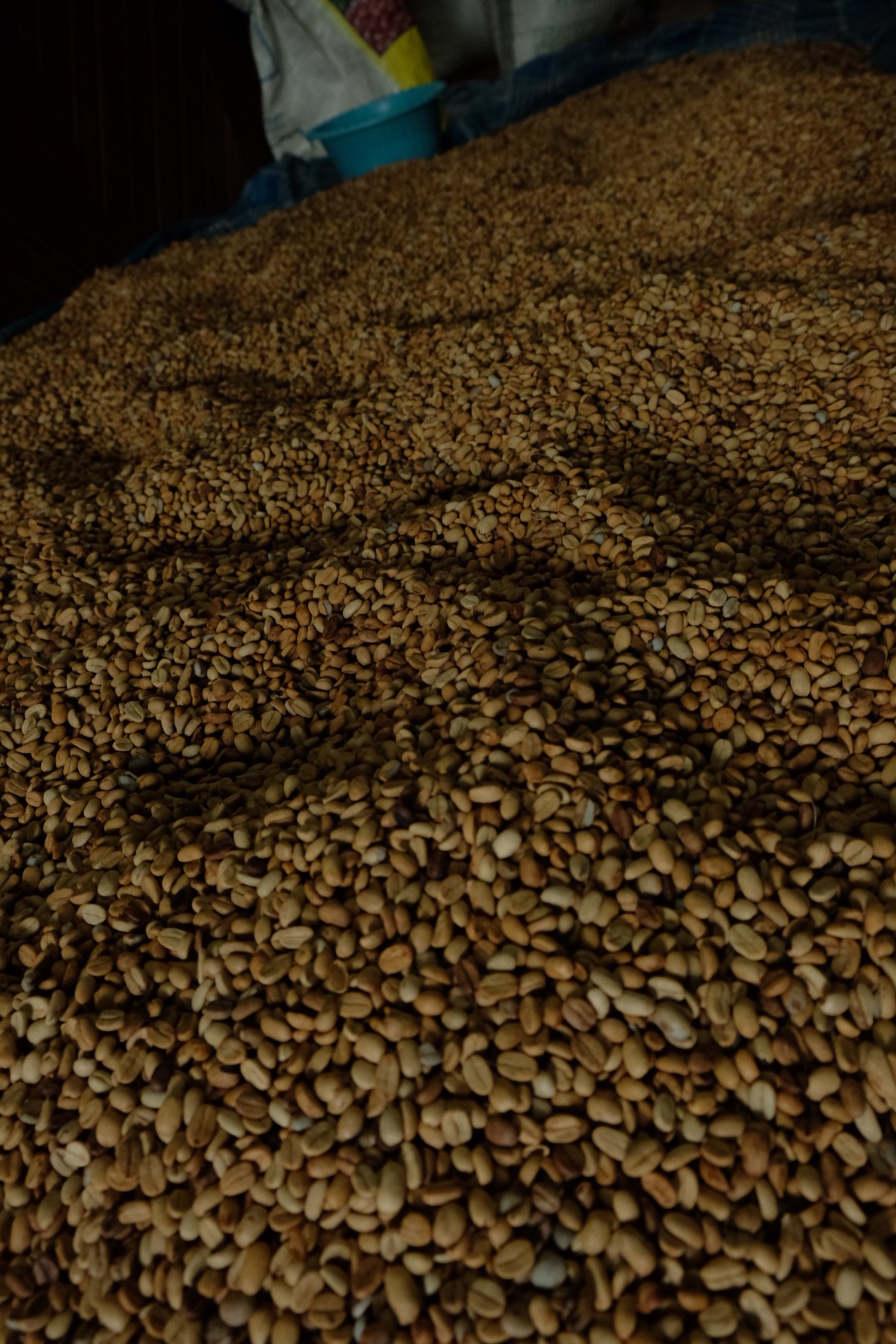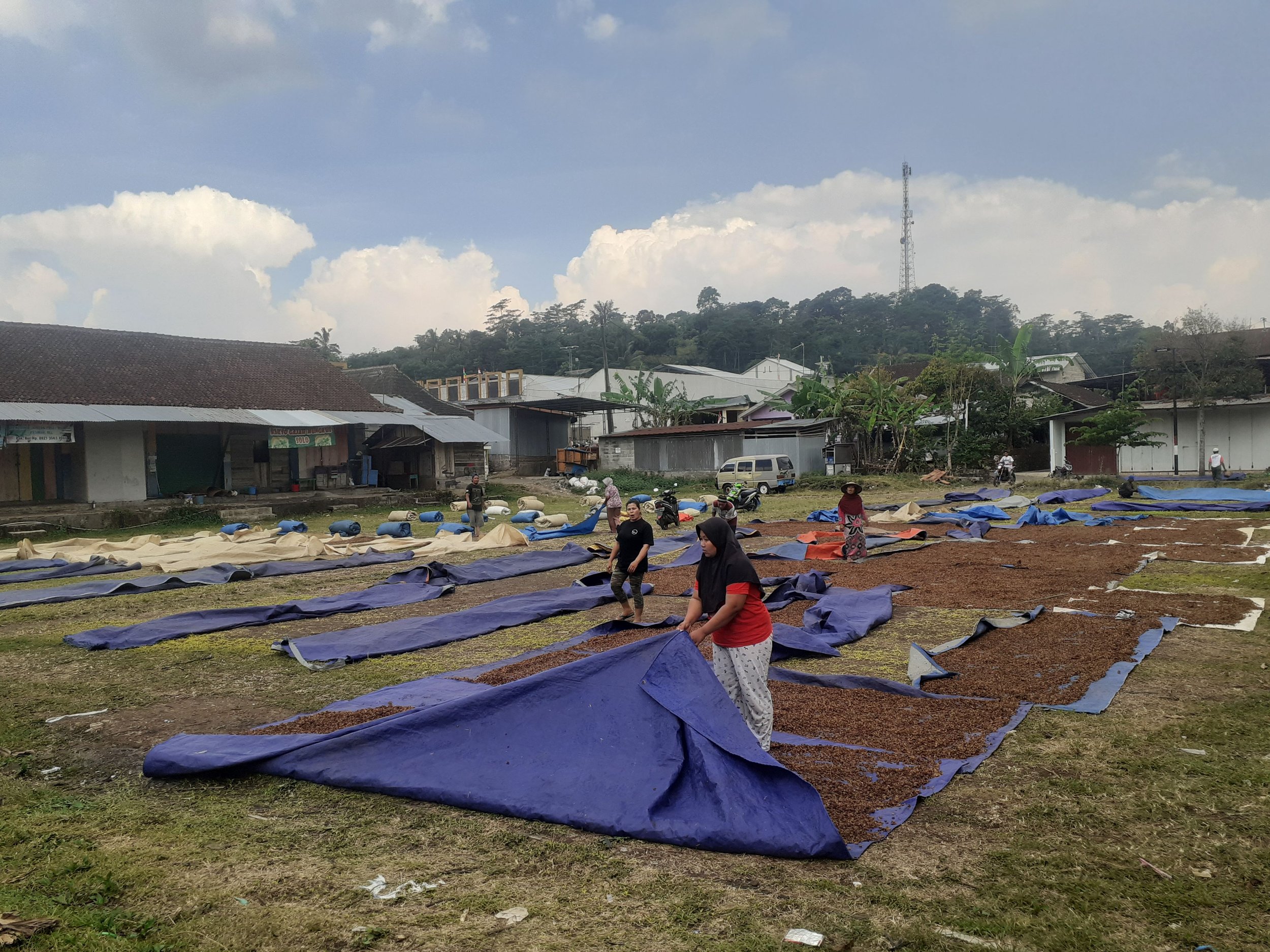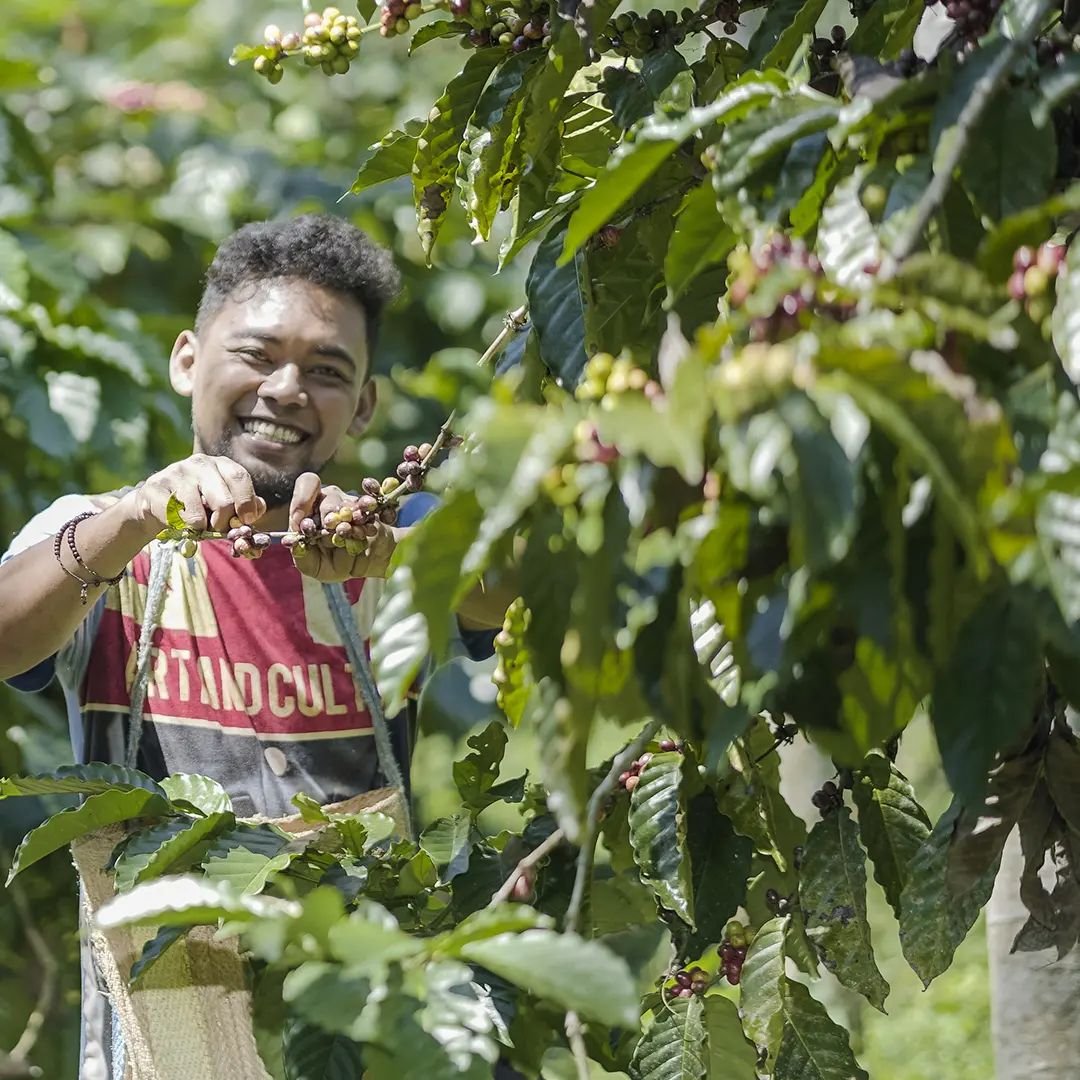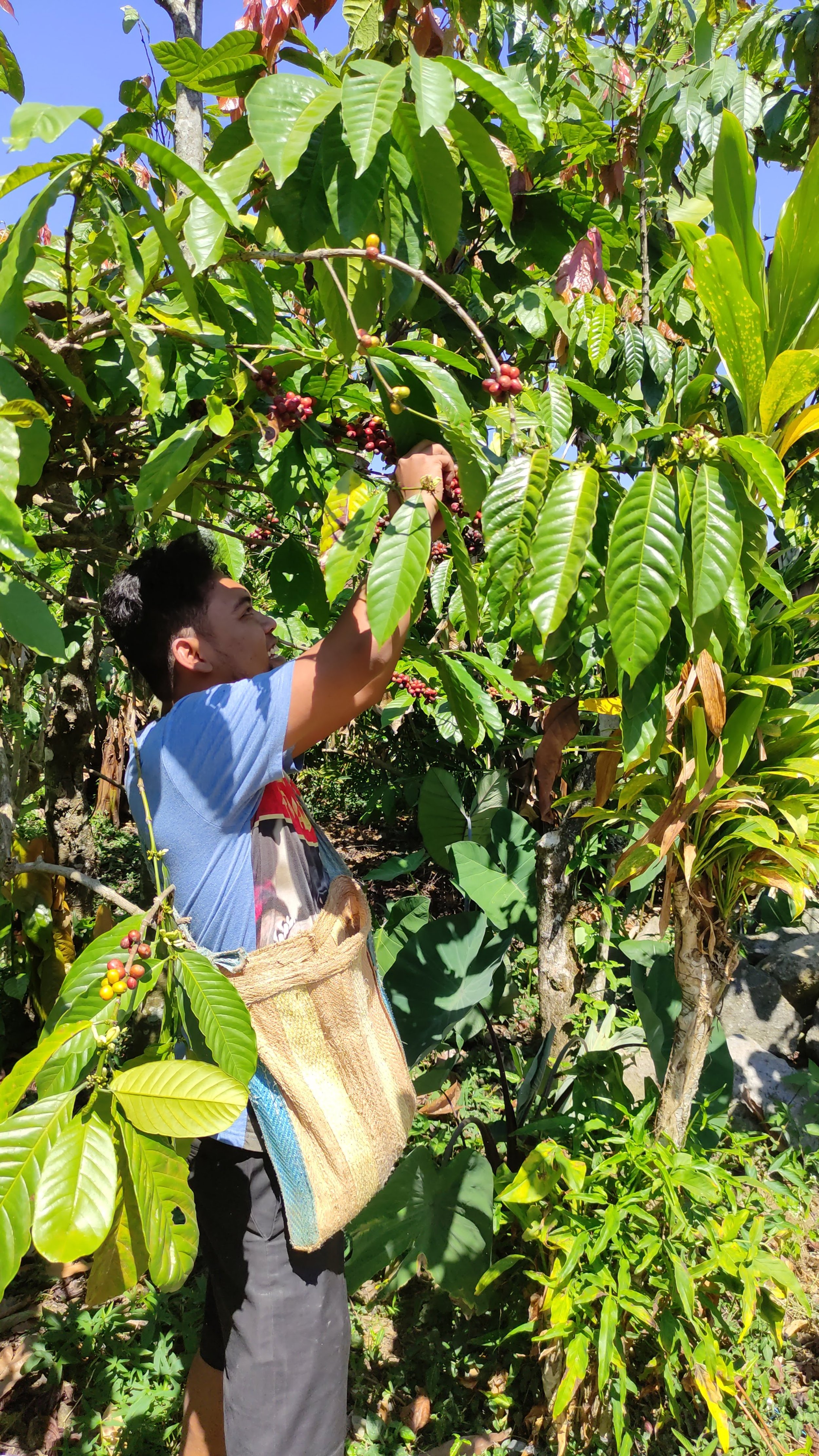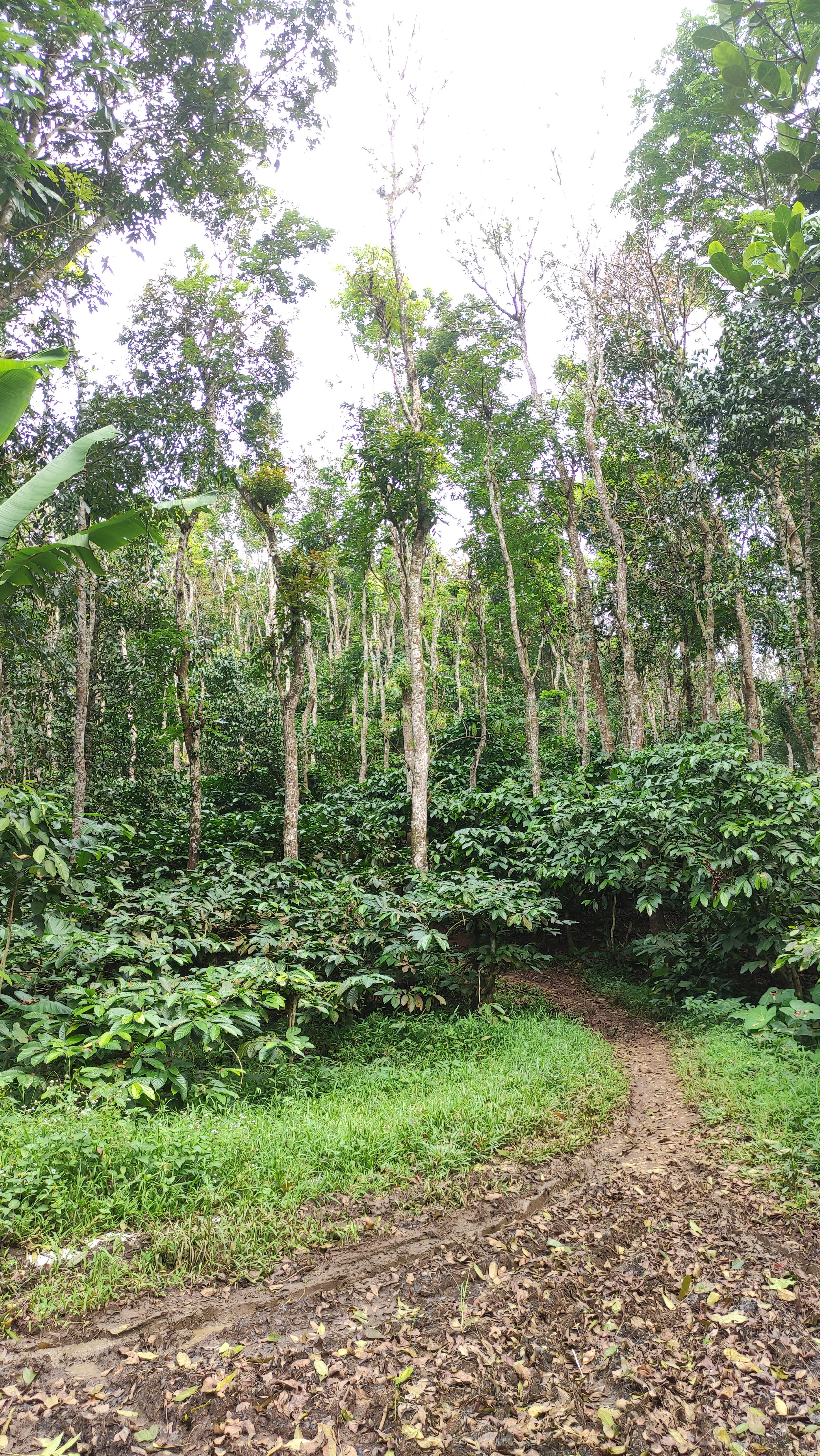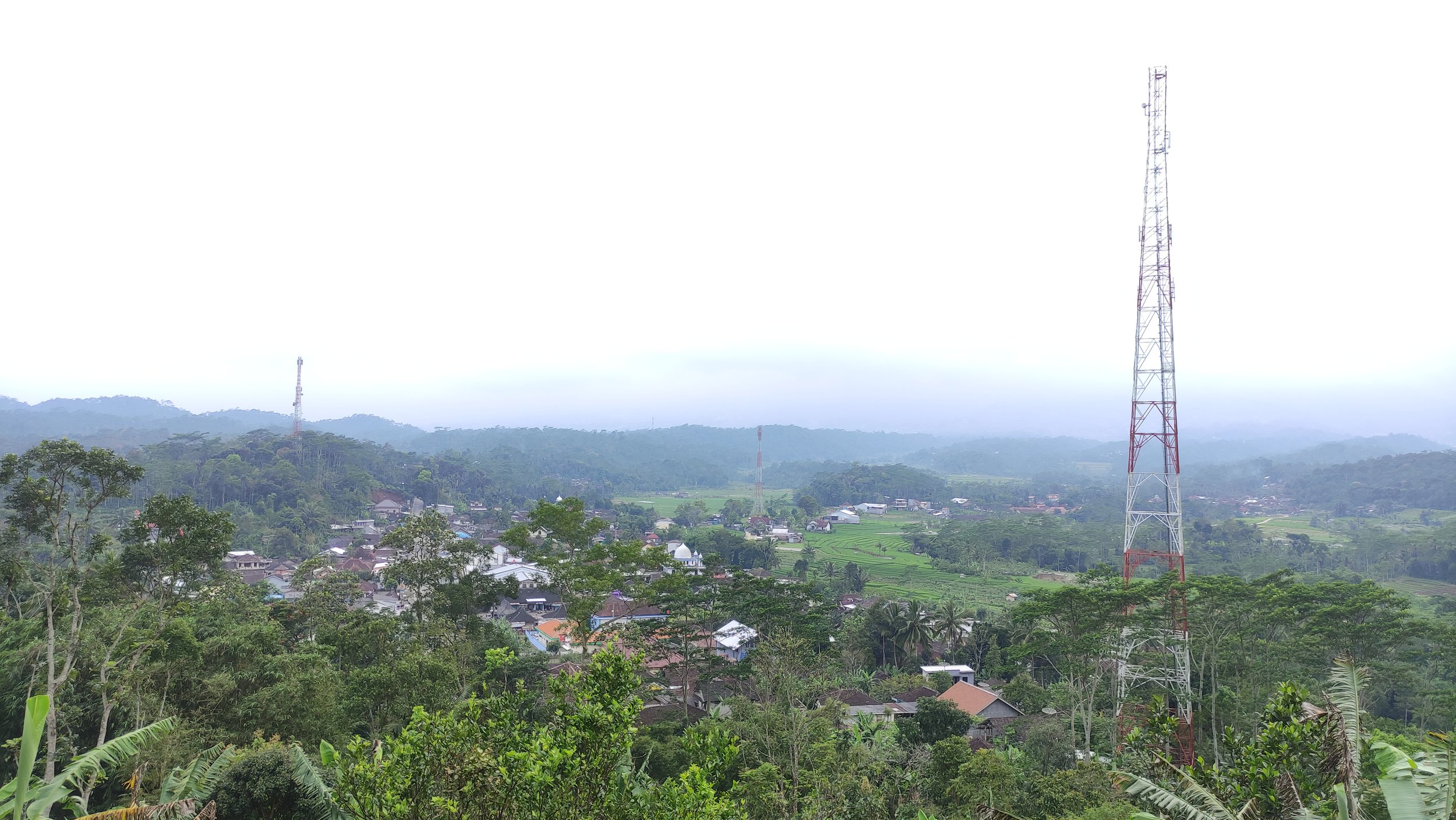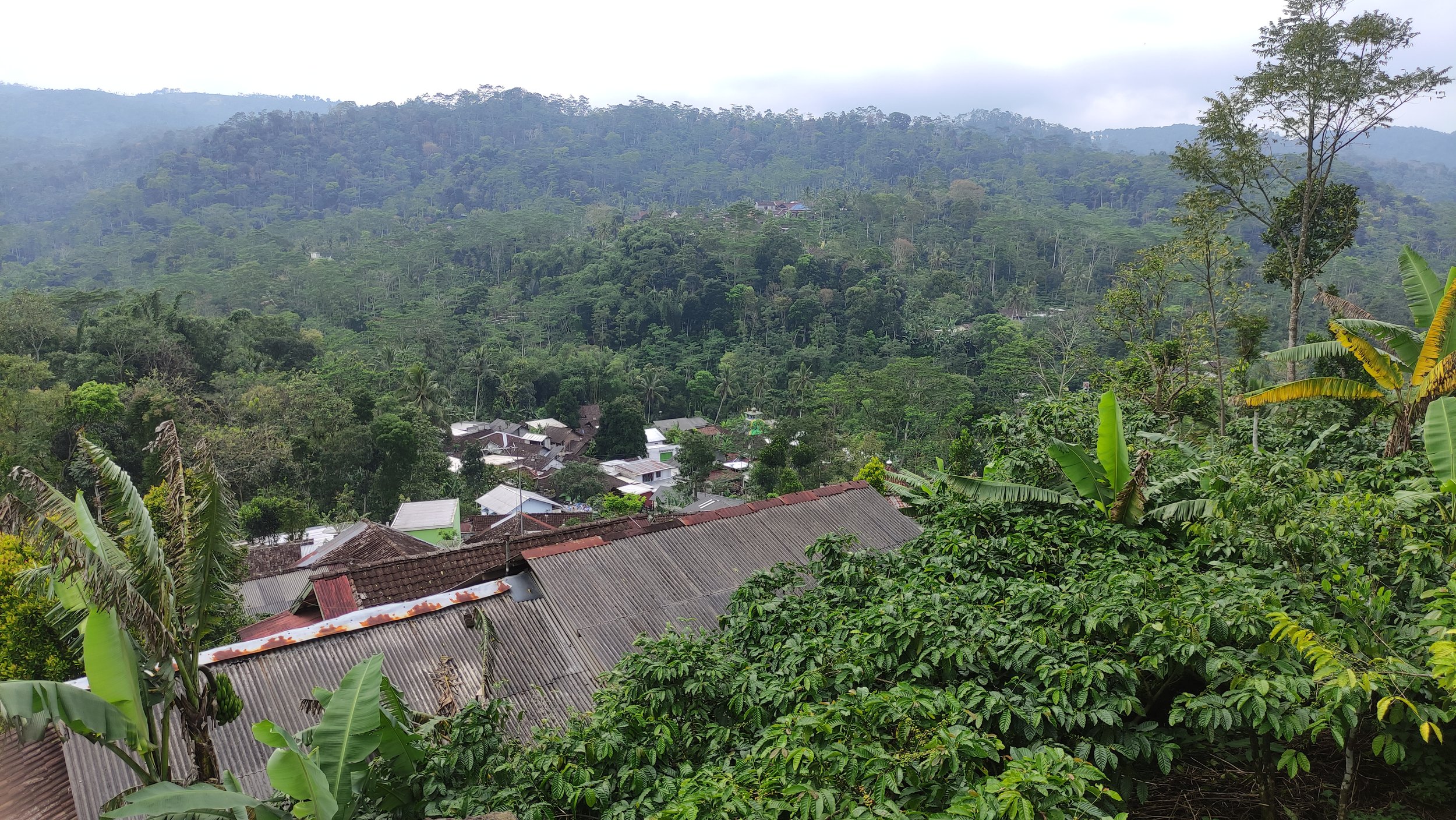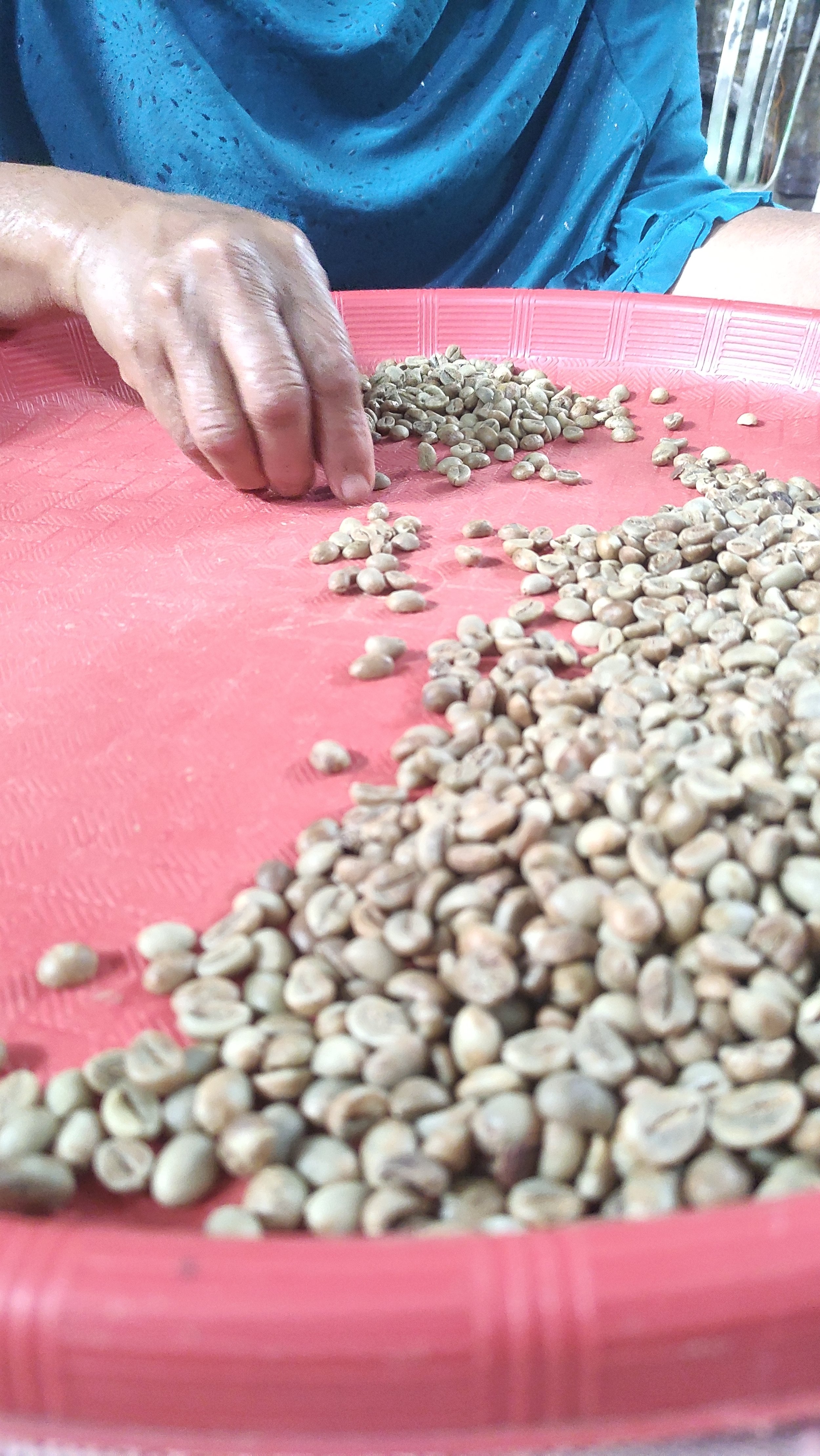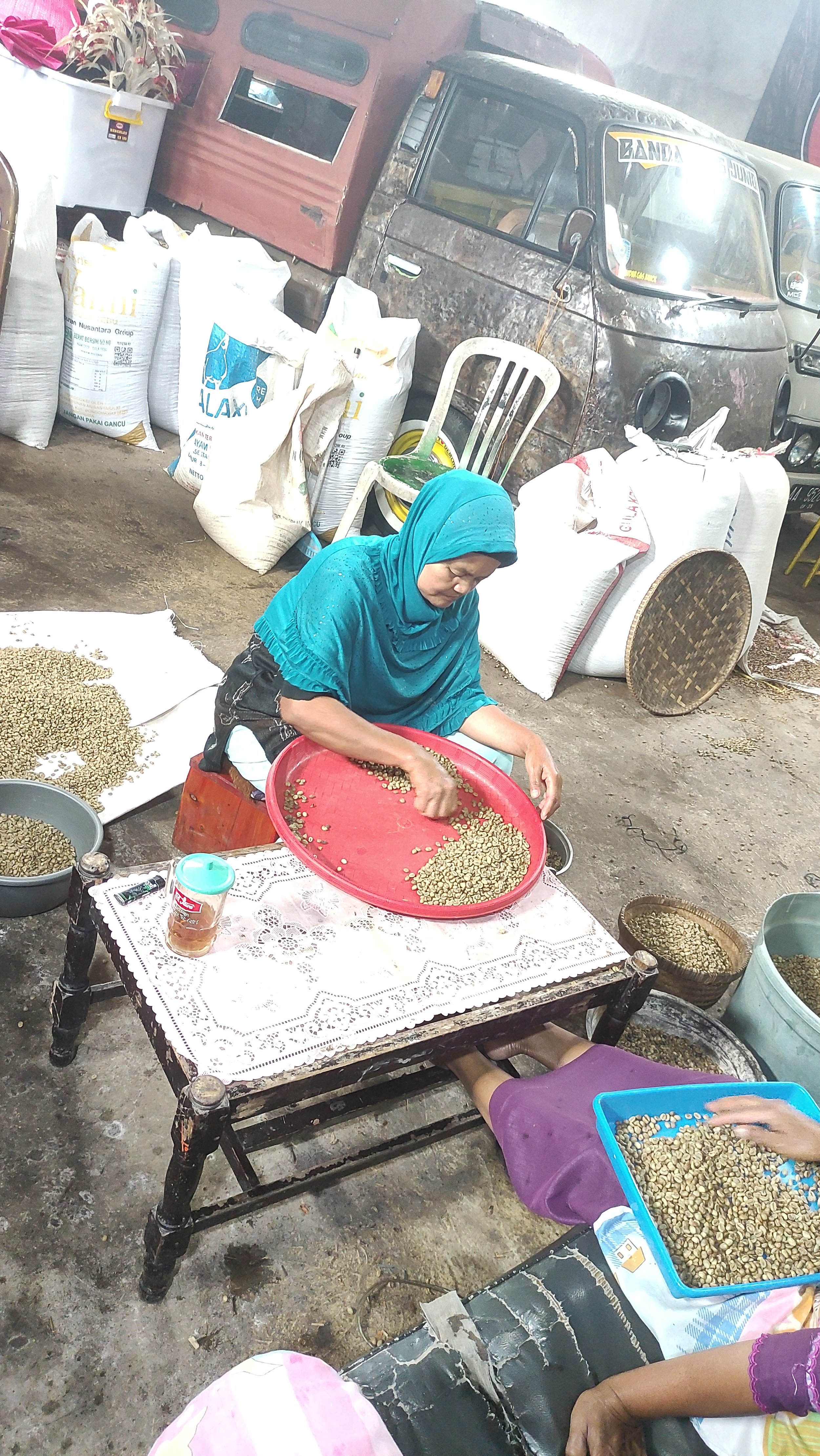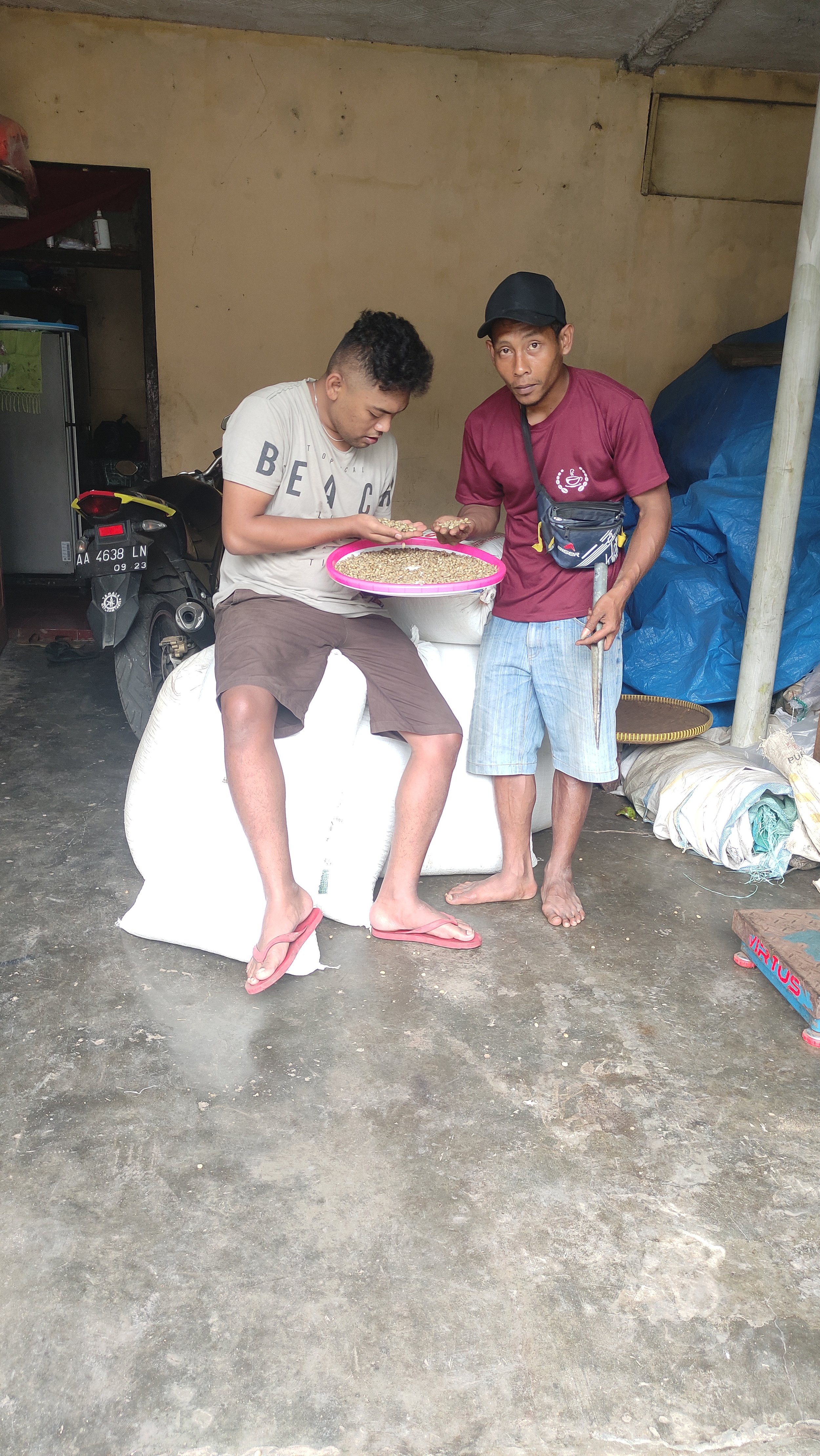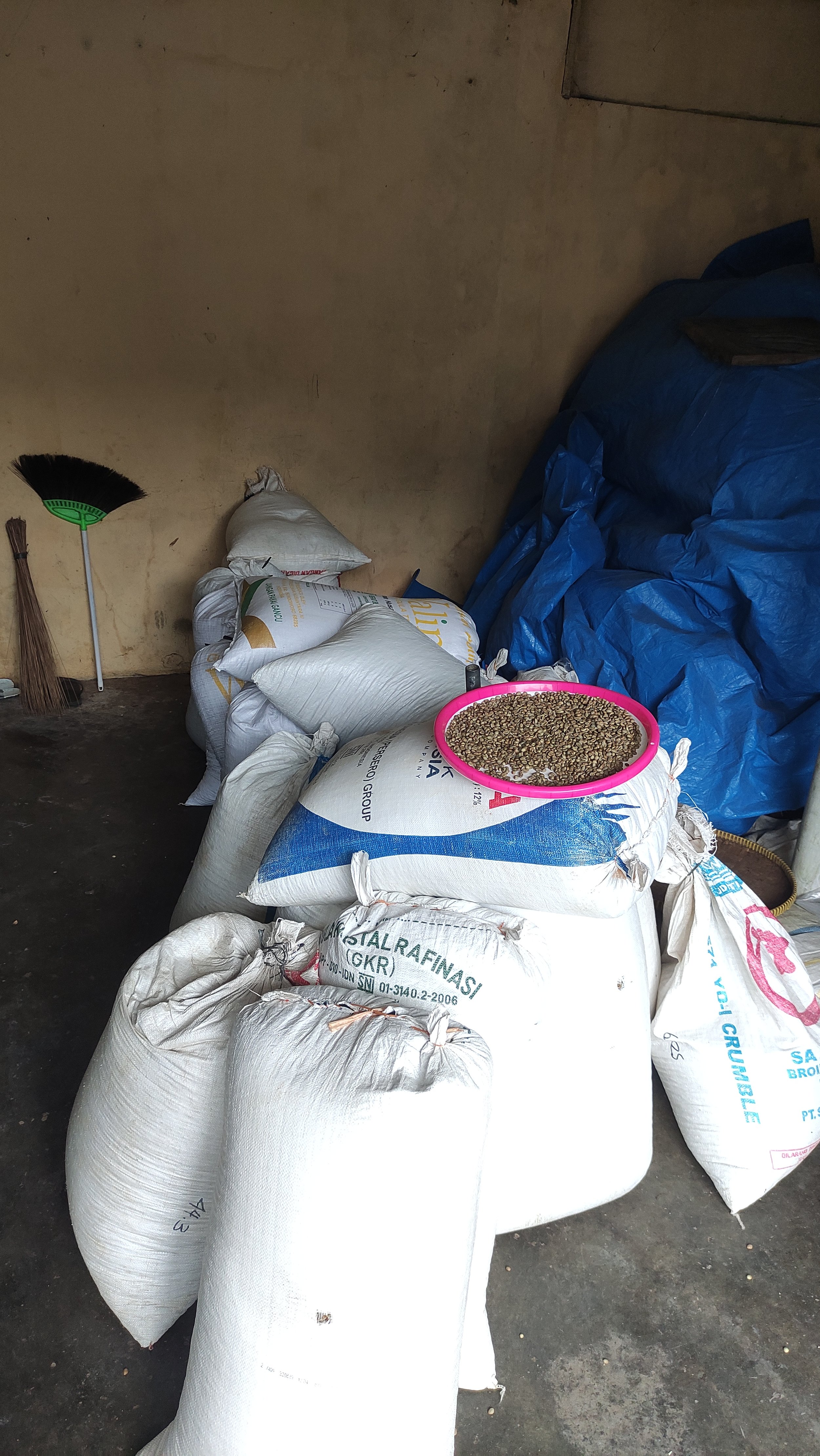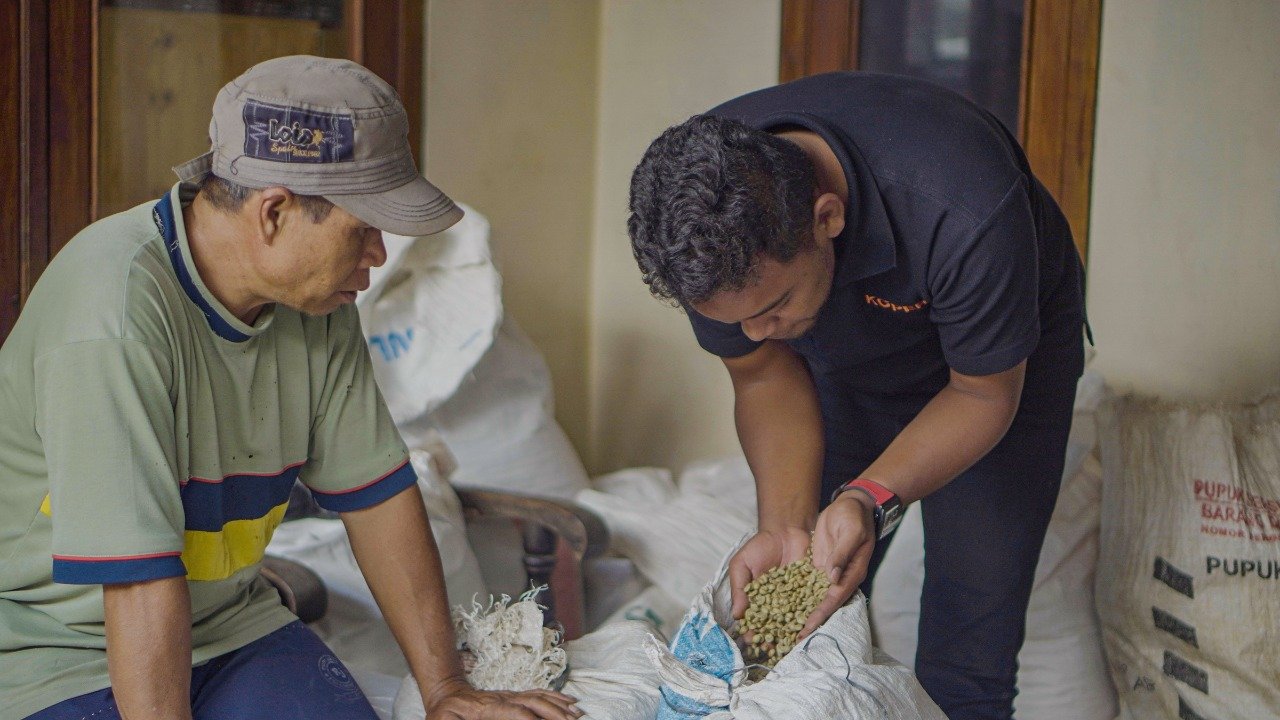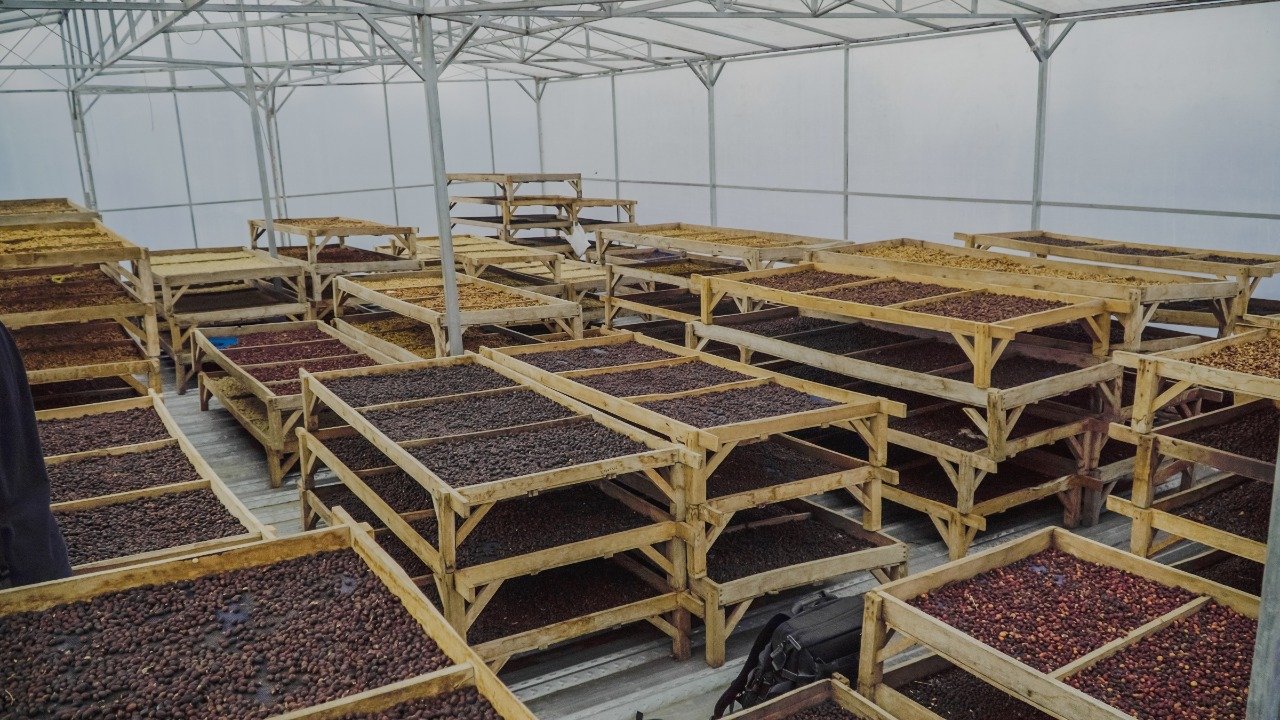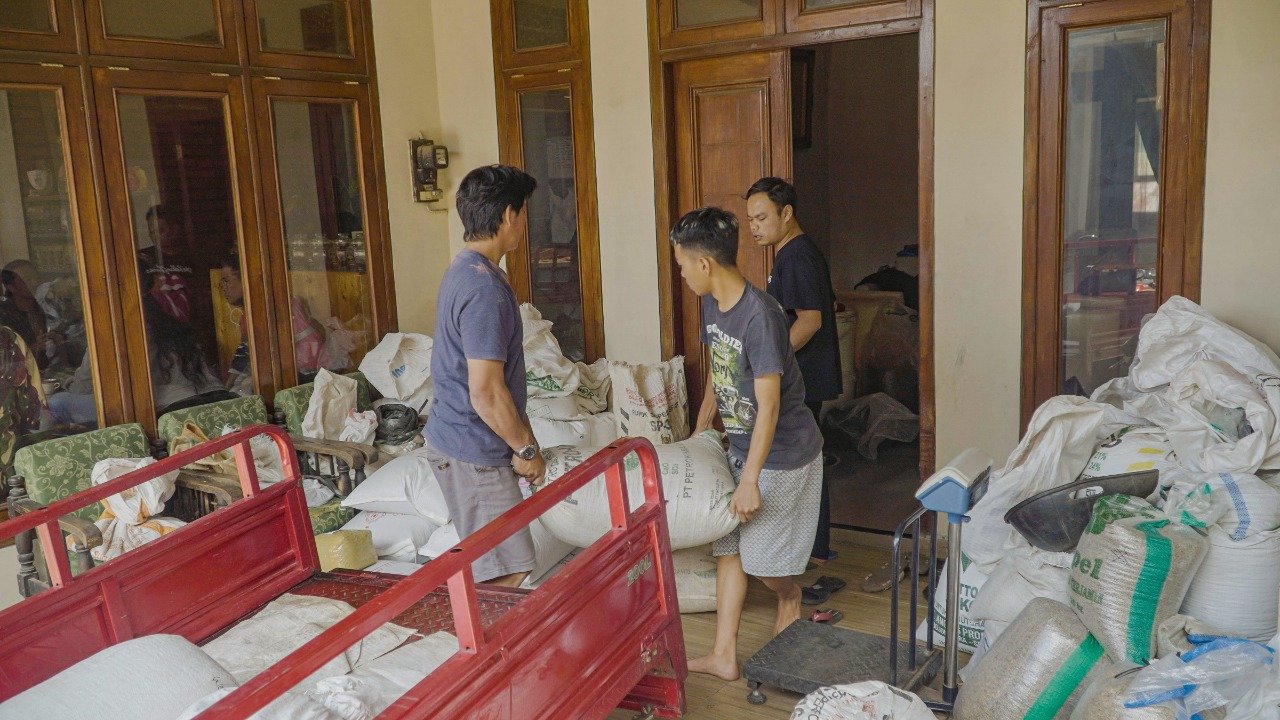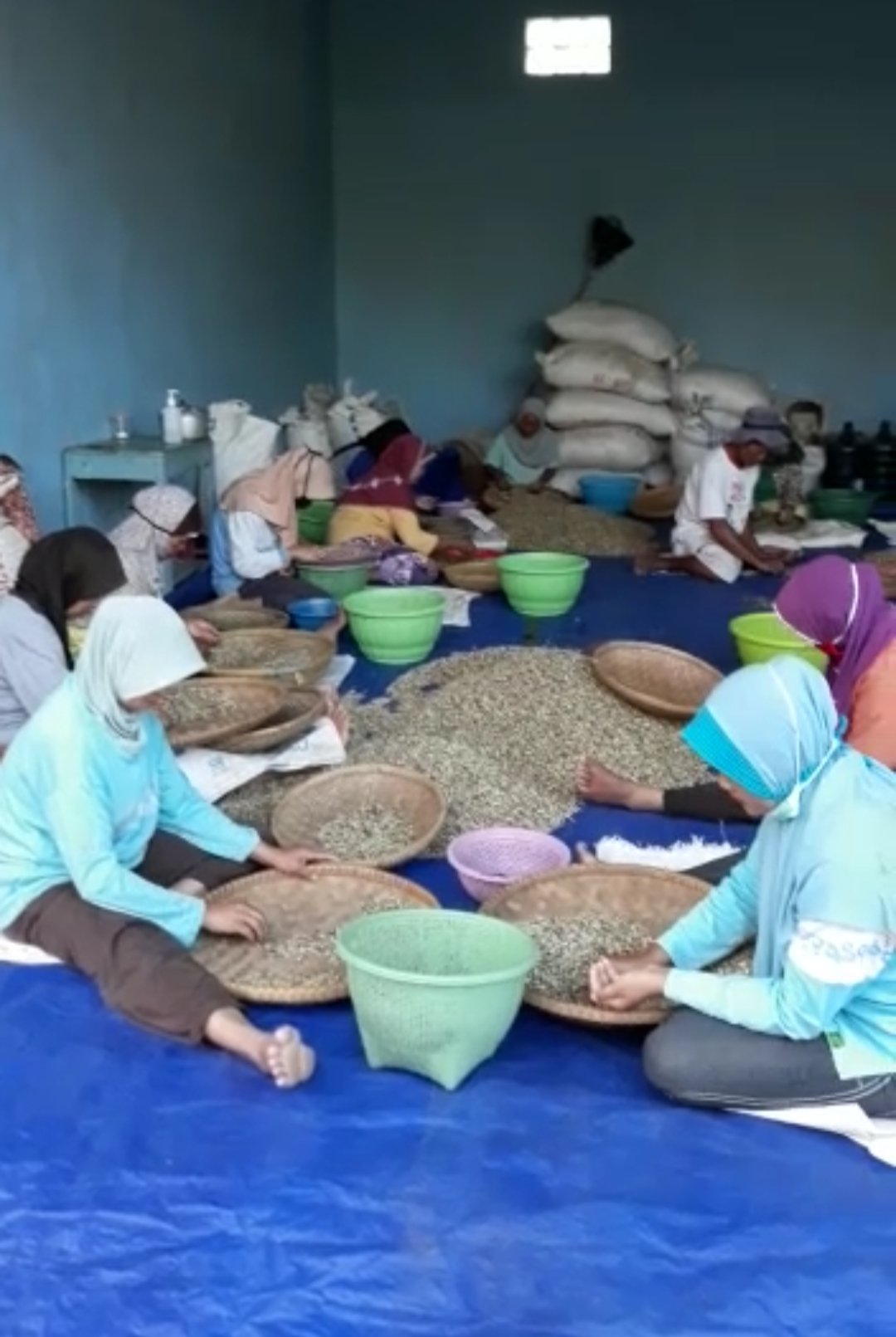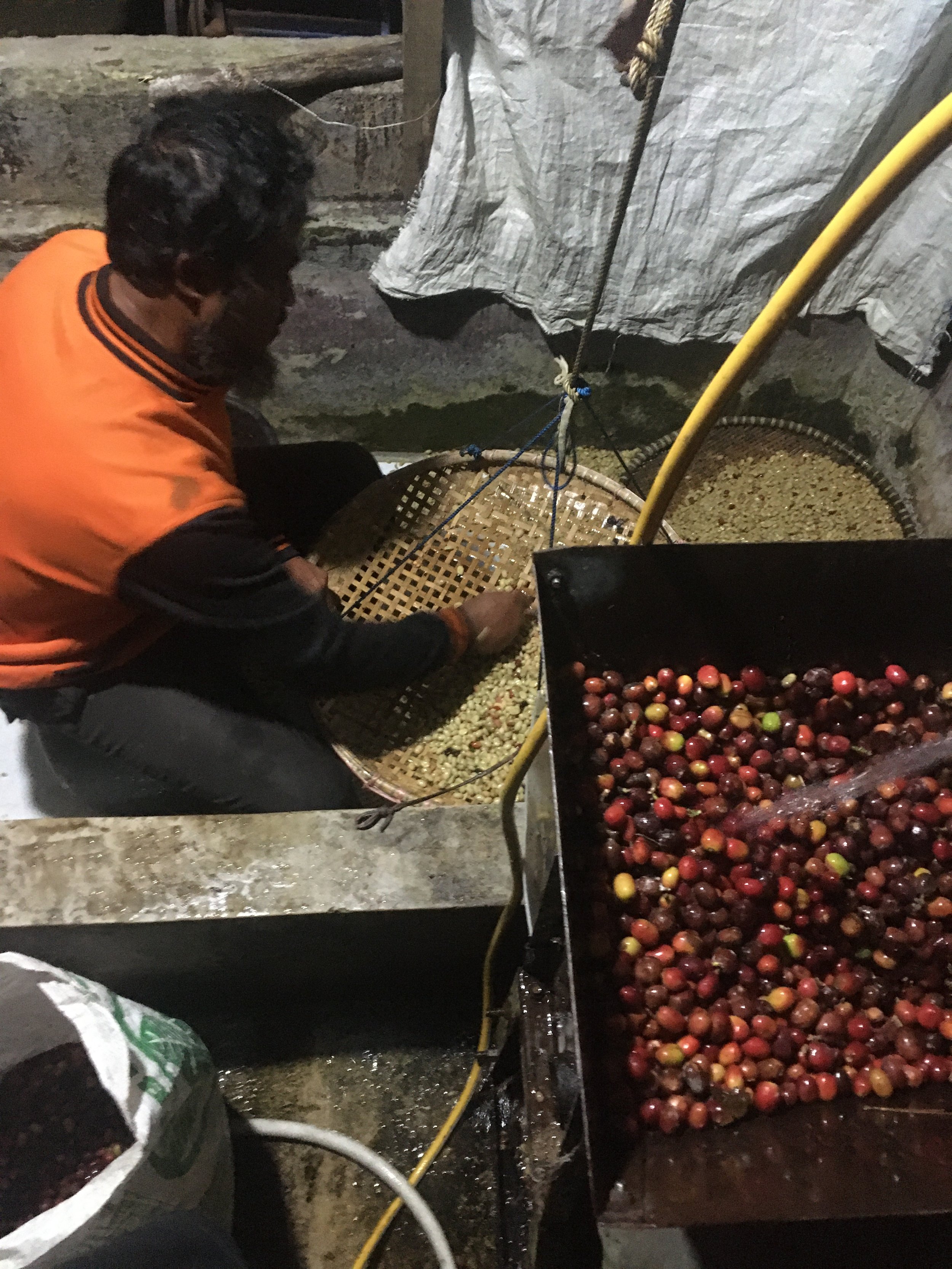adri’s dream
Studying abroad only made Adri think about his country more. When he witnessed how wine was such a representative product in France, where he studied marketing, he wondered how a product from Indonesia could become relevant to the world. Wine has represented France since the Middle Ages, if not before that, just as Indonesia represented coffee since it was a Dutch colony, but years of low prices and unfair trade practices have not done Indonesia’s coffee industry any justice. For him, bringing an Indonesian product to the world meant spreading the message that Indonesia has so much to offer.
For some years, however, he mostly worked in the corporate world in Jakarta, but corporate life wasn't for him. One day, when on vacation, he found himself on a coffee farm that sadly wasn't doing very well. "The product was great," says Adri, "but they didn't know how to sell it." Soon after, Adri decided to work with these farmers. For two years he managed his corporate job in Jakarta while working pro-bono for this group. He became their marketing supporter, aiding them in negotiating with potential buyers. When results started manifesting, the farmers asked Adri to join them for good and become their marketing partner. They offered him a commission and a better price. Adri said, "yes," and Ontosoroh was born.
When we met with Adri, it quickly became apparent that we represented each other's values. We both see ourselves as “means” to empower others; we aim for others to grow so that, at one point, we might not even be needed anymore. Ontosoroh is inspired by a character from an Indonesian novel whose mission is to do business professionally and ethically. Working with Adri since 2016, we know that he honours this character’s reputation!
These are the farmer groups, cooperatives and family enterprises
Ontosoroh brought together.
Onotosoroh started working with 1 organisations and 5 farmers. Today, it’s a consolidated company formed by 7 employees.
They work with around 10 organisations and 434 farmers from three different islands.
Toraja Parindingan
150 members: 7 farmer groups (4 women groups)
hectares: 60
bags bough this year: 15
java sunda tilu
workers: 20
hectares: 20
bags bought this year: 22
THIS SIDE UP VALUE CHAIN:
THE PRICE YOU PAY:€7,98
CULTIVARS:
Unique Robusta varieties, Arabica S795 and Typica, SA-436, Ateng, Timtim.
ALTITUDE:
750-2100 meters above sea level.
NOTABLE:
Ontosorh sees itself as a "Coffee farmer's Incubator." In this sense, they primarily work with farmers that seek help and with whom a mutually beneficial relationship can be developed. They also work with diverse organisational structures, adapting to each partner's needs. Some are informal groups, cooperatives, and family-owned enterprises. They invest in tangible and intangible assets for their partners, such as coffee processing equipment, training, and education. Ontosoroh also works on creating a business model together with the farmers' groups and helps them improve their sustainability practices.
KEY ACHIEVEMENTS:
2016: our partnership is born. We create a cross-industry partnership to promote and upgrade specialty robusta from Flores.
2017: first pilot shipment from Ontosoroh to Europe.
2018: we jointly created semi-washed and fully washed drying experiments that gave more insights into how best to highlight Flores Robusta's unique flavour profile.
2019: with the help of Pak Dominggus, in the village of Buntu Ledo set up a cooperative structure in 2019 (Koperasi Buntu Ledo Sipporanu) with Ontosoroh and This Side Up as stable buying partners. Together, we created a step by step manual with checkboxes to improve quality during the harvest and post-harvest with positive results.
2020: we landed a tender to supply the Dutch Ministry of Infrastructure and increase our order from 160 to 600 bags. This major increase required a lot of extra training on the part of ASNIKOM to see to the required quality. As an added incentive, we decided to up the farmgate price to 4,14 USD/kg. labelled every single bag according to the farmer. The cupping scores greatly improve.
2021: retained the same amount of coffee bags and price as 2021 despite the pandemic. The Circular Fashion Project and the Regenerative Robusta Project is born.
2022: three new coffee groups join our portfolio: Java Candiroto, Java Sunda Tilu, and Gowa Maino.
2023: the low productivity some of our partners suffered this year due to climate change brings new challenges and possibilities in our collaboration. Diversification, soil quality, and chemical-free processing have become increasingly relevant to our partners at origin.
Considering this and other issues, Adri came up with a project proposal we decided to support: the creation of weatherproof drying facilities. One of our partners' main challenges is that the natural robusta used to be sweeter and more vibrant. After analyzing this issue, Adri and his team concluded that this was a direct result of the high intensity and unpredictable rainfall in Manggarai last year, which made the proper drying process difficult for the crop. We aim to see how our partners will achieve more consistent drying and increase overall quality. For this project, the budget is around Rp 77.217.000 (EUR 4815) for eight drying hut units.
PROCESSING:
Honey: the coffee cherries are handpicked in the morning and pulped immediately by sunset on site. Each families have these huts in the middle of the plantation to pulp and semi dry the coffees before taking them to the final UPH to be fully dried.
Natural : coffee cherries handpicked and laid out on beds immediately between 10 and 14 days.
Unclean washed: terrible name, we know - but we used it to catch your attention! the coffee is pulped, wet fermented, submerged in a water tank inside plastic bags for 48, up to 72 hrs. The difference with a full wash is that there is no additional water rinsing after fermentation. The coffees on the bags are simply drained and then dried on bamboo beds. The amount of mucilage left is somewhere between fully washed and pulped natural.
Pulped natural, honey processed fine robusta: dried on open bamboo pole beds. All manually picked, pulped and hulled.
Fully washed: left overnight in the pulper to ferment for approximately six hours. Coffee is then dried on a tarp for 3 to 4 days.
Rende Nao farmers:€3,29
The price Ontosoroh pays Rende Nao farmers for the coffee (USD 3, 59). We pay a premium for processing and sorting the robusta as arabica. The farmers are paid 64,000 Rp/kg (compared to 58.000/kg last year) and around 65% more than what they would receive from the market.
Sapto Wening Robusta - Honey Washed: €2,30
Toraja Buntu Ledo - Coop - Washed: €4,78
Toraja Parindingan - Washed: € 4,60
Enrekang Karangan - Washed: € 4,47
Java Temanggung Condiroto - Honey: € 2,30
Central Java Batang Sapto Wening: € 2,11
ONTOSOROH + Asnikom: € 2,38
Ontosoroh export, packing, quarantine, local tax and handling expenses + insurance. In most cases, with the farmer groups, their coffee gets bought by Ontosoroh, shipped to Java, milled and packed there. In this sense, the prices for this service for the other coffees plus the milling service provided by Ontosoroh is:
Sapto Wening Robusta - Honey Washed: € 0,69 + Milling: € 1,97
Toraja Buntu Ledo - Coop - Washed: € 1,04 + Milling: € 2,12
Toraja Parindingan - Washed: € 0,98 + Milling € 2,30
Enrekang Karangan - Washed: € 1,05 + Milling: € 2,10
Java Temanggung Condiroto - Honey: € 0,79 + Milling: € 1,51
Central Java Batang Sapto Wening: € 0,72 + Milling: € 1,39
SHIPPING: €0,40
Local shipping from Ruteng, Flores to Surabaya, Java (0,11) + shipping from Surabaya to Rotterdam (0,17) + clearance and local costs (0,42).
THIS SIDE UP: €1,55
This Side Up compensation for spending time and resources importing this coffee. Our work includes year-round contact with producers, managing export, shipping, import, warehousing, grading, sampling, finding and keeping roasting partners for Ontosoroh and ASNIKOM. For a full overview of what we do to earn our margin, see the Trade Models page.
CUSTOMS, INSURANCE, FINANCING: €0,30
Financing cost. These loans we take ensure immediate payment to Ontosoroh when they receive the coffee in their stock, in turn ensuring quick payment to the farmers.
REGENERATION:
€0,06
A standard TSU premium on all coffees designated exclusively to accelerate farmers’ own regenerative agriculture projects. This premium will be invested in both the Regenerative Robusta Project we’ve been developing since 2021, and the Asnikom Rende Nao drying domes project that came to life in 2023.
AVAILABLE FROM ontosoroh:
Flores Rende Nao village lot – honey robusta
Flores Rende Nao village lot – natural robusta
Pokoh, Wedomartani, Ngemplak, Sleman Regency, Special Region of Yogyakarta 55584, Indonesia












